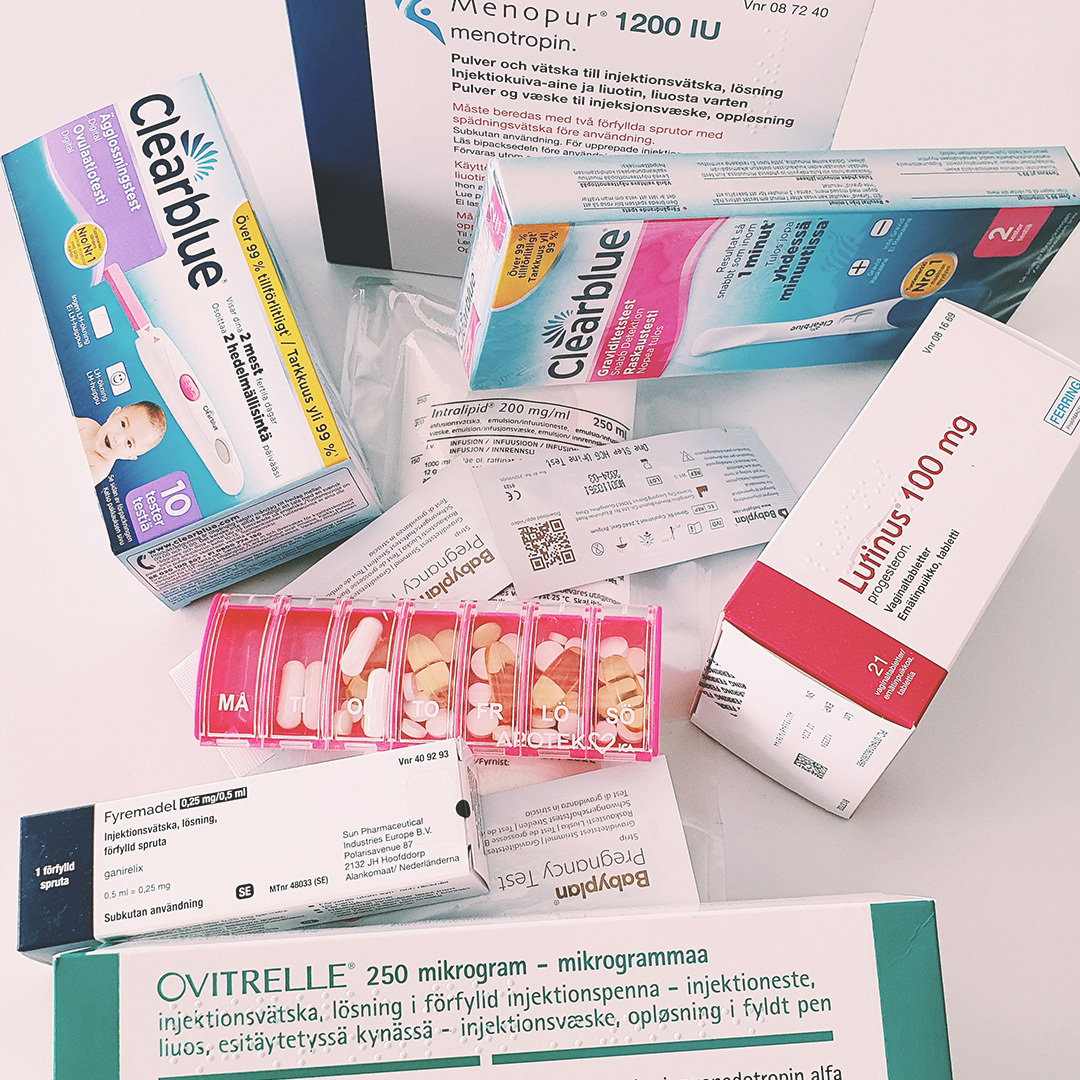Male factor infertility

The definition of male factor infertility is when the cause of infertility within a couple is because factor(s) in the male. It affects around 7-10% of adult males and in a majority of men it relates to deficiency of semen/sperm quantity or quality. Male factor subfertility is part of the explanation of infertility in around 50% of infertile couples. In contrast to women, only a limited number of men with primary male factor infertility have potentially treatable conditions. However, most couples with a severe male factor infertility can be treated by use of intracytoplasmic sperm injection (ICSI) in their IVF treatments.
Causes
There are several causes of male infertility due to deficiency of semen/sperm quantity or quality, as outlined below.
• Idiopathic (no cause is found) subfertility (33%)
• Varicose testis veins (17%)
• Hypogonadism with low testosterone levels (9%)
• Infection (often subclinical) (9%)
• Cryptorchidism (testis which have not descended into the scrotum) (9%)
• Disturbances in ejaculation (6%)
• Genetic causes (5%)
• Immunological causes (4%)
• Systemic disease (3%)
• Obstructions in the outflow from testis (2%)
• Testis tumours (0.3%)
• Other causes, such as us of anabolic steroids
Questions to ask
Fertility
Previous fertility/infertility of male/female with the partner or previous partner?
Has the couple and the male in previous relationships experienced miscarriages?
Sexual
Existence of sexual problems within the couple?
How often does the couple have intercourse?
Social
Has or is the male exposed to environmental factors (at work, home or spare time) of that may negatively affect sperm production – these factors can include chemical, exhausts, radiation, magnetic fields, heat.
Has or is the male exposed to tobacco, recreational drugs, standing medication, opioids, anabolic steroids, blood pressure medication, anti-depressive medication?
Has the male had severe trauma to the testis?
Infections
Has the male had a STI (sexually transmitted infection) such as chlamydia, gonorrhea, genital herpes, or mycoplasma.
Has the male had infection of the epididymis or testis (such as mumps at older age)?
Diseases
Diabetes
Liver disease
Kidney disease
Inflammatory bowel disease (Chron, Ulcerative colitis)
Spinal injury
Other chronic disease
Malignancy and then type of treatment (radiation, chemotherapy)
High testicles (in the inguinal region) during childhood
Genital malformation
Family
Are the male and female partner relatives, such as cousins?
Infertility problems among siblings or parents?
Examination and diagnostics
Volumes of the testicles (normally 15-25 mL) – can be measured by orchidometer (small volume indicates primary defect of testis or low gonadotropins)
Texture of testicles. They are normally of firm texture. Soft texture may indicate atrophy and hard texture may indicate malignancy.
Presence of varicose veins – will be seen in standing position and typically on the left side.
Sperm analysis - evaluates sperm numbers, concentration, and motility
Blood tests – LH, FSH, testosterone, and SHBG (steroid hormone binding globulin). These tests may indicate if the disturbance is on the testis levels or on the pituitary
Treatments
Change of life-style factors if this is a likely cause Hormonal/medical treatments can be tested in a small number of cases.
Assisted reproduction technologies (ART; intra-uterine insemination (IUI) or IVF with ICSI) are the only treatment option for a majority of cases. ART aims at increasing the probability of fertilization by bringing the sperm closer to (or even within) the oocyte(s), thereby bypassing functional deficits of the male gametes. The type of ART employed to circumvent male factor infertility is recommended according to sperm parameters, i.e., total motile count (TMC) either before or after sperm-preparation. TMC is the total number of spermatozoa in the ejaculate or prepared sample (volume×concentration) multiplied by the percentage of progressive motile spermatozoa.
IUI could be used when the post-processing TMC is > 1×106 and the IUI process can be timed according to detecting the onset of the luteinizing hormone surge or administering human chorionic gonadotropin (hCG).In cases of low TMC. IVF with ICSI should be used. In the ICSI procedure, single sperms will be injected into the oocyte for fertilization to occur. If no sperms are found in the ejaculate, such as in obstructive causes of male factor infertility, sperms can be extracted from the epididymis or the testicle by surgical procedures named PESA, TESA and micro-TESE. The surgically retrieved sperms can be used in ICSI procedures..
Around 70% of all couples with male factor infertility will achieve live birth after three completed IVF treatments, with associated multiple embryo transfers.

Article by
Mats Brännström
MD, PhD, Professor – Senior Consultant in Obstetrics and Gynecology
Other Articles

Samantha's Story
I knew from the start that it was hard to conceive a child of our own with my partner. As a child he... Read article

Endometriosis
The European Society of Human Reproduction and Embryology (ESHRE) has recently released an updated g... Read article
.jpg?alt=media&token=912e3772-6724-4c20-a29e-201478dda308)
Intrauterine Insemination
Intrauterine insemination (IUI), also called artificial insemination (AI), is a type of fertility tr... Read article

Jessica Olers's Story
Sometimes it doesn't turn out as planned. Ever since I was little, I have dreamed of a big family wi... Read article

Jessica’s Story
I have been pregnant three times. Or actually while writing this story, I am pregnant. But I don't f... Read article

Klara’s Story
Our infertility journey started two years ago. The process has not at all been what we expected and ... Read article
.jpg?alt=media&token=fc32a2e6-a127-4170-b5fb-b9338770ed1a)
The effects of Vitamin D on fertility
Vitamin D is a vitamin synthesized in the skin through sun exposure (UVB radiation). Moreover, vitam... Read article

Veronica’s Story
To make babies. Nowadays that phrase has a completely different meaning.In february 2019 we decided ... Read article

Tova’s Story
This is #mybumpystory - an emotional rollercoaster with repeated miscarriages and hopefully soon a b... Read article